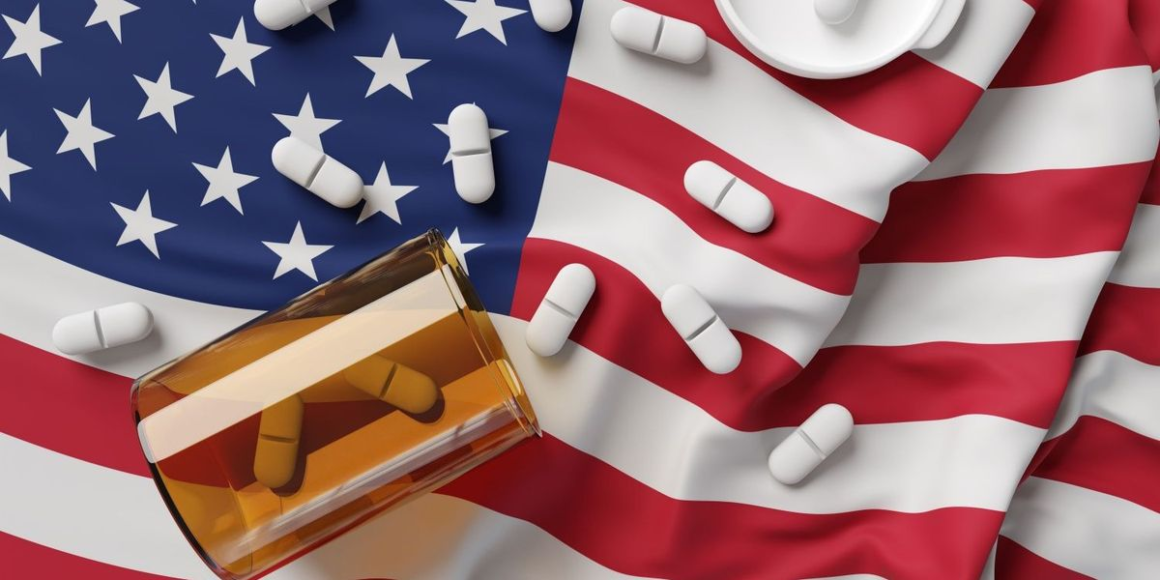The exorbitant cost of pharmaceutical drugs in the US has been a contentious issue for years, with the Republican and Democrat parties overtly at odds on the best way to lower drug prices.
Narrowing down on the presidential candidates, data retrieved from OpenSecrets on October 2 shows that Vice President Kamala Harris has been the bigger beneficiary of donations, receiving US$1.12 million compared to US$204,748 for former President Donald Trump. Both candidates have promised to tackle the high price of prescription drugs.
How would a potential Harris administration tackle the challenge of lowering prescription drug prices? Would pharmaceutical companies fare better under a second Trump administration?
First, let’s take a look at the healthcare policies and initiatives enacted under Trump’s prior presidency and during the current Biden-Harris administration, and then we’ll examine the current platforms of the two candidates.
Trump’s stance on lowering drug prices has been mostly at odds with the core of his fellow Republicans, which hamstrung his ability to implement his proposed policies.
Now that Kamala Harris is out on the campaign trail, her healthcare and drug price platform is taking shape.
One of the policy goals of a Harris Administration is expanding the US$2,000 annual cap on prescription drug spending now enjoyed by Medicare recipients to all Americans with insurance. She said as much during her September 10 presidential debate with Trump.
“Kamala Harris negotiated drug prices for the first time with Medicare. We have 10 drugs that will come online, the most common ones that’ll be there,” he said.
Trump’s running mate, Ohio Senator JD Vance, made some spurious claims about prescription drug prices only being up by 1.5 percent during the whole of Trump’s first term compared to 7 percent during the Biden Administration.
While he admits his administration was unable to repeal the ACA despite dozens of attempts that were blocked by Democrats, he would rather “just let it rot.”
When asked if he had any concrete healthcare plan for the country, he replied his team only has “concepts of a plan,” are considering “different plans” and would reveal more “in the not-too-distant future.”
Senator JD Vance didn’t provide much detail about his potential administration’s healthcare plan during his debate performance either, although he did promise “we’re going to cover Americans with pre-existing conditions” when pressed by Walz about his opposition to ACA.
While VP Kamala Harris and former President Donald Trump may be on opposite sides of the debate when it comes to the Affordable Care Act, both candidates are supportive of bringing down prescription drug costs.
“Trump has pledged to ‘take on Big Pharma’ through administrative actions like tying what Medicare pays to prices in other developed nations,” said the news agency. “But he could still be open to repealing the IRA drug price measures, and his campaign isn’t elaborating.”
Other efforts a second-term Trump administration might take to reign in healthcare costs include placing caps on out-of-pocket insulin costs, importing US-made drugs that have been sold out of country and increasing competition among generic and biosimilar drugs.
US federal election periods are often fraught with uncertainty for the life science sector. In the past, Republican administrations have been more favorable periods for pharmaceutical companies. However, as with most aspects of American politics and industry, Trump has changed the game. The election of either candidate poses risks for pharma stocks.
Securities Disclosure: I, Melissa Pistilli, hold no direct investment interest in any company mentioned in this article.


Leave a Reply